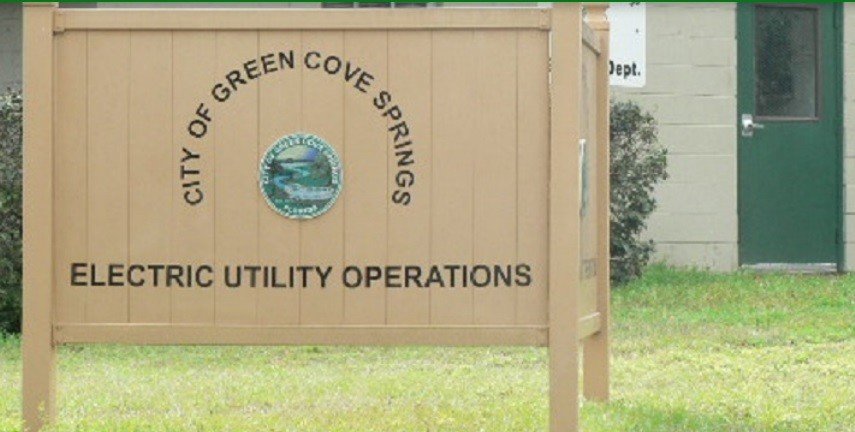GCS hope to change the ‘blipping’ electric system
GREEN COVE SPRINGS – It’s common in Green Cove Springs to come home and see appliances blinking. City officials are hoping a change in the electric system will lower the number of blips residents …
This item is available in full to subscribers.
Attention subscribers
To continue reading, you will need to either log in to your subscriber account, or purchase a new subscription.
If you are a current print subscriber, you can set up a free website account and connect your subscription to it by clicking here.
If you are a digital subscriber with an active, online-only subscription then you already have an account here. Just reset your password if you've not yet logged in to your account on this new site.
Otherwise, click here to view your options for subscribing.
Please log in to continueDon't have an ID?Print subscribersIf you're a print subscriber, but do not yet have an online account, click here to create one. Non-subscribersClick here to see your options for subscribing. Single day passYou also have the option of purchasing 24 hours of access, for $1.00. Click here to purchase a single day pass. |
GCS hope to change the ‘blipping’ electric system
GREEN COVE SPRINGS – It’s common in Green Cove Springs to come home and see appliances blinking. City officials are hoping a change in the electric system will lower the number of blips residents face.
About 400 homes were affected by the pilot program, where the city switched from a recloser system to a fuse sacrifice system at the start of the year. The area covered is a South Substation circuit, including Melrose Avenue, areas east of CSX Railroad and Orange Avenue and south of State Road 16, according to a city press release.
When a failure is detected, the recloser system cuts power to a larger area and attempts to switch the power back on three times to reduce outages. In a fuse sacrifice system, users on the same circuit wouldn’t be affected, because the fuse is severed in the immediate area. Only 10-12 homes experience the outage rather than blips experienced by a few hundred.
“It only impacts those that are directly impacted by the fault,” Green Cove Springs City Manager Steve Kennedy said. “Whenever there’s something significant enough to blow a fuse, then it’s just that fuse, and if there were an event that blew five fuses, then everything connected to those fuses would be out, but the entire city service area, everything else would be left on.”
The city’s aging grid, trees, animals and weather events are the most common cause of power failure. Last year, the city received a $10.7 million loan to improve its power infrastructure. A portion of the loan was designated to improve fuse connections. Some areas of the city don’t have the right type of fuse connections for a fuse sacrifice system.
For the next phase of the program, Kennedy hadn’t set an area, but the city would make that call in the next couple of weeks. Now, he wants to target another 400 homes.
“We haven’t identified a specific area but there are several options,” Kennedy said. “Generally, the feedback has been minimal, but it’s if there’s not a problem, you don’t get calls about it.”











